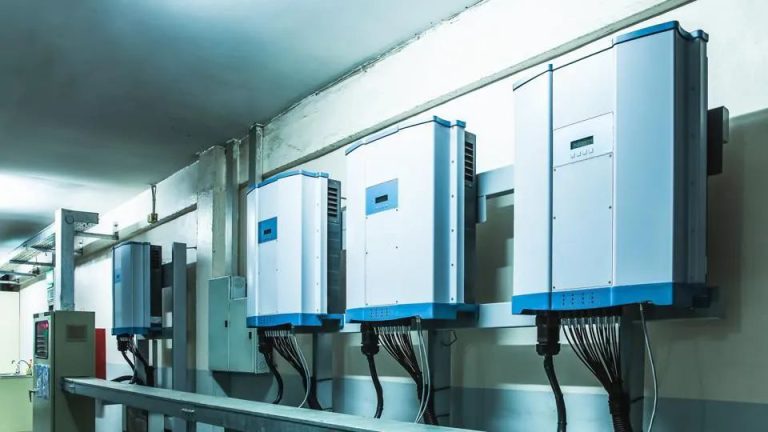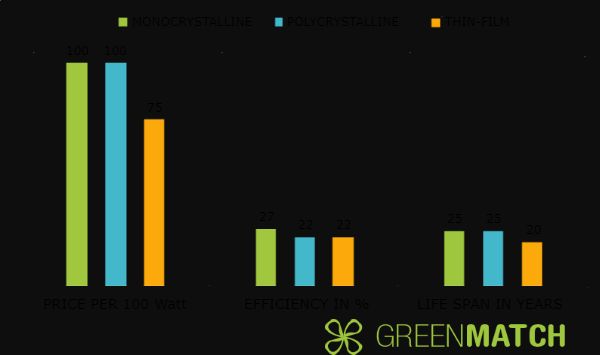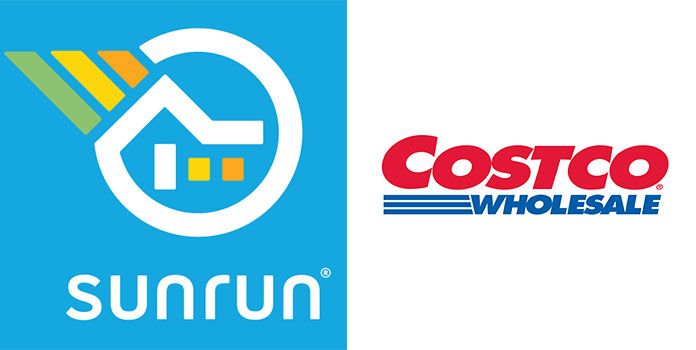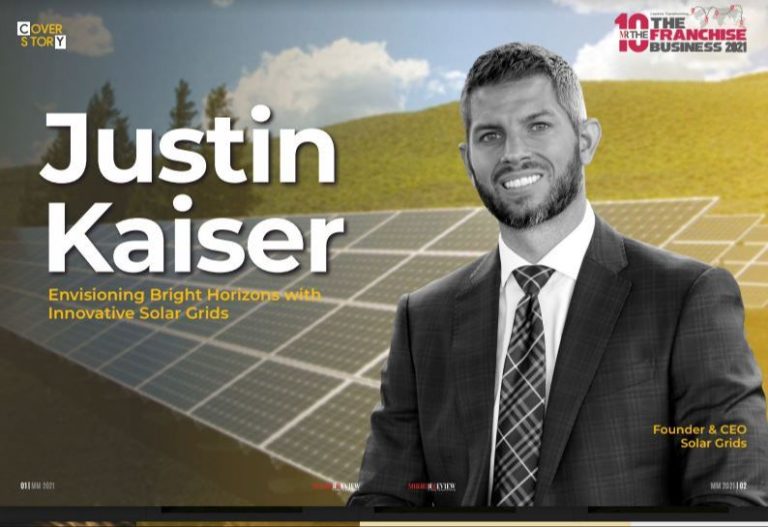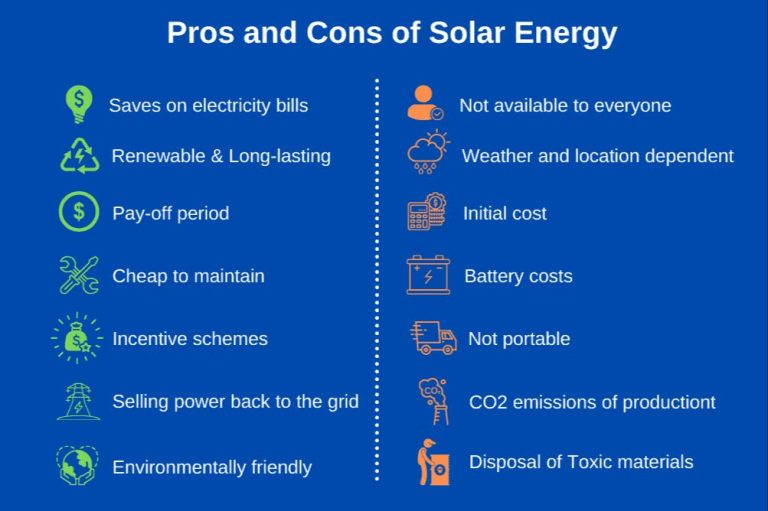Does Solar Make Sense In Kansas City?
Is Solar Energy Practical for Kansas City Homes?
With over 500 megawatts of solar potential at the Kansas City International Airport alone (https://www.kcmo.gov/programs-initiatives/solar-farm-project-at-kci), it’s clear that Kansas City has abundant solar resources. As prices for solar panels and installation continue to fall, solar energy is becoming increasingly affordable and viable for area homeowners. Kansas City’s location in the Midwestern solar belt means it has ample sunlight and hot summers ideal for solar generation. Installing solar panels can provide environmental benefits by reducing household carbon emissions. But does adding solar make practical and financial sense for Kansas City homeowners? In this article, we’ll weigh the pros and cons of going solar in Kansas City.
Costs
The upfront cost of installing a solar panel system in Kansas City is around $21,042 on average after federal tax incentives, according to https://www.saveonenergy.com/solar-energy/kansas/. The federal solar Investment Tax Credit allows you to deduct 30% of the total installation cost from your federal taxes. So for a 5kW system costing around $30,000 before incentives, your out-of-pocket cost would be reduced to around $21,000.
Over the 20-30 year lifetime of a solar panel system, you can expect to save $15,000-30,000 on your electric bills with solar, according to https://www.solarreviews.com/solar-incentives/kansas. This factors in both power generated from the panels and long-term utility inflation. While solar has high upfront costs, over the long run it can pay for itself in energy savings and provide a hedge against rising utility rates.
Compared to simply purchasing all your electricity from the utility at current rates, adding solar allows you to lock in part of your electricity costs at a fixed rate over a long period. Any additional electricity needs beyond what the solar panels produce can still be purchased from the utility. So solar provides a nice cost offset and inflation hedge compared to 100% utility-provided power.
Benefits of Solar in Kansas City
Going solar provides numerous benefits for Kansas City homeowners. First, solar energy produces zero emissions once installed, helping Kansas City reduce its carbon footprint and meet its climate action goals (https://www.kcur.org/news/2019-11-16/want-to-go-solar-in-kansas-city-here-are-5-things-you-need-to-consider). By using solar power instead of fossil fuels, homeowners can take pride in using clean, renewable energy.
Solar also provides energy independence and security. With your own solar system, you don’t have to worry about fluctuating electricity prices or power outages affecting your home. You’ll have a reliable, resilient energy source under your control.
Kansas offers solar incentives like tax credits and rebates to make going solar more affordable (https://www.saveonenergy.com/solar-energy/kansas/). The federal solar tax credit allows you to deduct 26% of your solar installation costs from your federal taxes. Many local utilities also offer rebates. Evergy, for example, gives cash incentives up to $2,000 for installing solar panels.
In the long run, a solar system will reduce your electricity bills (https://www.ecowatch.com/solar/worth-it/ks). Once paid off, the electricity generated is free. Solar systems can provide decades of nearly free power. Going solar also increases your home’s value and makes it more attractive to potential buyers.
Limitations
While solar power in Kansas City has many benefits, there are still some limitations to consider (Kansas lawmakers consider bill that would bar HOAs ):
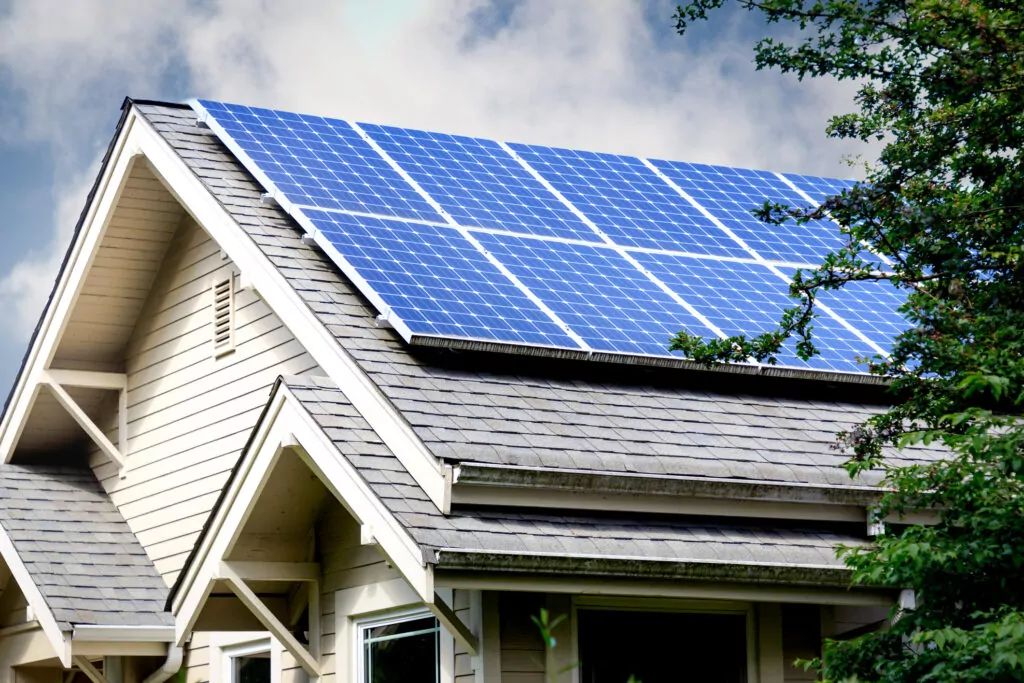
The upfront cost of solar panel systems is still high, often ranging from $10,000-$25,000 for an average-sized residential system (https://www.kcmo.gov/city-hall/departments/city-planning-development/solar-panel-permits). This long payback period can deter some homeowners.
Solar energy production is intermittent and depends on sunny weather. Cloudy days and seasonal changes affect the energy output. Kansas City’s climate provides favorable solar conditions, but there will be variability.
Installing an adequate solar system requires a certain amount of unshaded south-facing roof space. Homes with limited roof area may not be suitable.
Batteries to store solar energy for overnight use remain expensive. This limits the ability to maximize self-consumption of solar energy.
Net metering policies, which provide bill credits for excess solar energy fed to the grid, are beneficial but not guaranteed long-term. Reliance on net metering introduces some uncertainty.
Breakdown by Home Type
The viability of solar panels can vary greatly depending on the size and type of home in Kansas City. Small homes and apartments may find solar more challenging due to limited roof space. According to Solar KC, installing a 3 kW system on a small home or apartment could cost $9,000-$12,000 installed after incentives, with payback periods around 15 years (https://www.kcmo.gov/Home/Components/News/News/1890/).
For an average suburban home around 2,000 sq ft, a 6 kW system would provide sufficient energy, costing $15,000-$18,000 installed. Payback periods can be under 10 years with federal and local incentives according to Evergy (https://www.evergy.com/ways-to-save/solar-power). Larger south-facing roofs maximize solar production.
Luxury homes over 3,000 sq ft would benefit from 10+ kW systems, but the payback period rises since energy usage is likely already optimized. A study by Redfin found homes with solar sold for 4.1% more on average (https://www.redfin.com/city/35751/MO/Kansas-City/amenity/solar+panels). Overall, solar makes the most economic sense for mid-sized suburban homes looking to lower electric bills.
Policy Environment
Kansas City has implemented several policies and incentives at the local level to promote solar energy adoption. The city passed a climate action plan in 2020 with the goal of powering city operations with 100% renewable energy by 2030, including installing solar panels on city buildings (https://www.kcmo.gov/Home/Components/News/News/1900/).
At the state level, Missouri offers a solar rebate through the Missouri Renewable Energy Rebate Program which provides rebates for installing new solar systems. There is also net metering in Missouri which allows excess solar energy to be sold back to the grid. However, the state does not allow third-party ownership of solar systems, which can limit financing options (https://flatlandkc.org/news-issues/kansas-city-gets-greener-and-the-world-takes-notice/).
Potential policy changes to watch include the pending approval of a large solar farm at Kansas City International Airport, which would significantly boost solar energy production in the region. Any increases or decreases in state/local incentives could also impact the return on investment for residential solar in Kansas City.
Installation Process
Installing solar panels in Kansas City requires a permit from the city. According to the City of Kansas City website, “Solar energy system installation plans must be submitted electronically online for review and approval.” The permitting process ensures panels meet building and electrical codes.
Hiring a professional solar installer is recommended over DIY installation. Companies like KC Green Energy and KC Solar have extensive experience with the permitting process, installation practices, and connecting systems to the grid.
The typical solar installation timeline is 1-3 days for a residential system. Larger commercial installations can take longer. Roof preparation may involve reinforcing roof structures, installing rails or racks, and making electrical connections.
After installation, the city will inspect the system before it can be connected to the electrical grid. This final interconnection step allows excess solar power to be fed back into the grid.
Maintenance
Proper maintenance is essential for solar panels to continue operating efficiently over their lifespan. The main maintenance tasks involve keeping the panels clean and monitoring system production. Solar panels should be visually inspected and wiped down at least twice a year to remove any accumulated dust, dirt or debris. Water and a soft cloth or brush are typically sufficient for cleaning. Monitoring system production can help identify any drops in energy output that could indicate a need for maintenance. Most issues arise from problems with system components like inverters, which tend to last around 20-25 years.
Over many years, solar panels will experience some degradation in energy production. Most panels lose around 0.5% of their output each year as materials slowly break down in sunlight. After 25 years, panels are usually operating around 80% of their original rated power output. Proper maintenance helps minimize degradation by keeping panels operating at peak efficiency. But at some point, old solar panels will need to be replaced to maintain desired energy production levels.
Regular inspections, cleaning and monitoring can maximize solar panel lifespan. System owners should budget around $400-$740 per year for preventative maintenance and repairs. While maintenance comes at a cost, it helps solar power remain cost-effective over decades of operation.
Future Outlook
The future for solar power in Kansas City looks bright given improving technology, projected cost declines, the rise of EVs, and potential policy changes.
Solar panel efficiency has been steadily increasing by around 0.5% per year, allowing panels to convert more sunlight into usable energy. Battery storage technology is also advancing rapidly, with costs dropping by double digit percentages annually. This makes solar+storage systems more viable for providing power when the sun isn’t shining. Solar developers are flocking to Kansas. But as out-of-state – and out-of-country – companies push to build large solar farms around the state, many local communities have started pushing back, wanting more of a say over where projects pop up – and who controls them.
The rise of electric vehicles is expected to drive increased home energy consumption in Kansas City and nationwide. With more EV charging happening at home, rooftop solar can help offset those new energy demands. Some projections estimate EVs will make up over 60% of new car sales by 2030.
At the policy level, Kansas City has goals to reach net zero carbon emissions by 2040. This will likely require changes that incentivize rooftop solar adoption through subsidies, streamlined permitting, updated building codes, and other initiatives. Some analysts think Kansas City could realistically have solar panels on over half of homes by 2030.
Overall, as solar technology continues improving and costs keep decreasing, its future looks increasingly sunny for Kansas City homes and businesses. The outlook suggests solar power will play a key role in the city’s renewable energy transition over the next decade.
Conclusion
In summary, solar power can provide numerous benefits for Kansas City homeowners, but there are some limitations to consider as well. The upfront costs of solar panel installation can be high, ranging from $15,000-$25,000 for the average home, but tax credits and incentives can offset some of that expense. Over the long run, solar energy can provide decades of free electricity and insulation from rising utility rates. Homeowners with solar can also benefit the environment by reducing fossil fuel dependence.
However, solar production is weather-dependent and limited by roof space and orientation. Solar works well for single family homes, but is more challenging for condos and apartments. Kansas City’s policy environment is moderately supportive of solar through net metering and tax incentives, but does not have robust state-level programs. The installation process requires researching qualified local installers.
Overall, for Kansas City homeowners with adequate roof space and solar access, who plan to stay in their home long-term, the benefits of solar energy likely outweigh the limitations. The falling prices of solar panels, combined with federal and local incentives, make this an opportune time to go solar. Kansas City is expected to see continued solar adoption in the years ahead as costs fall further and homeowners become more educated about the advantages solar can provide.

